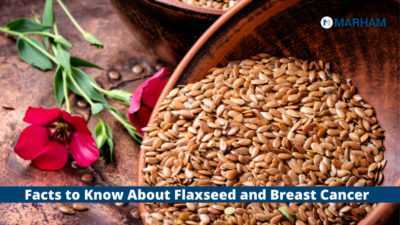Flaxseed is rich in lignan, due to which people think might cause breast cancer. They are famous as phytoestrogens because of their similarity to estrogen in their chemical composition. Lignans have both anti-estrogenic and estrogenic effects, depending upon the condition. Lignans are the substances at the heart of the debate over whether flax seeds are safe for breast cancer patients to ingest.
Is flaxseed bad for estrogen-positive breast cancer? What is the connection between flaxseed and estrogen-positive breast cancer? Read more to know the facts.
Estrogen Positive Breast Cancer
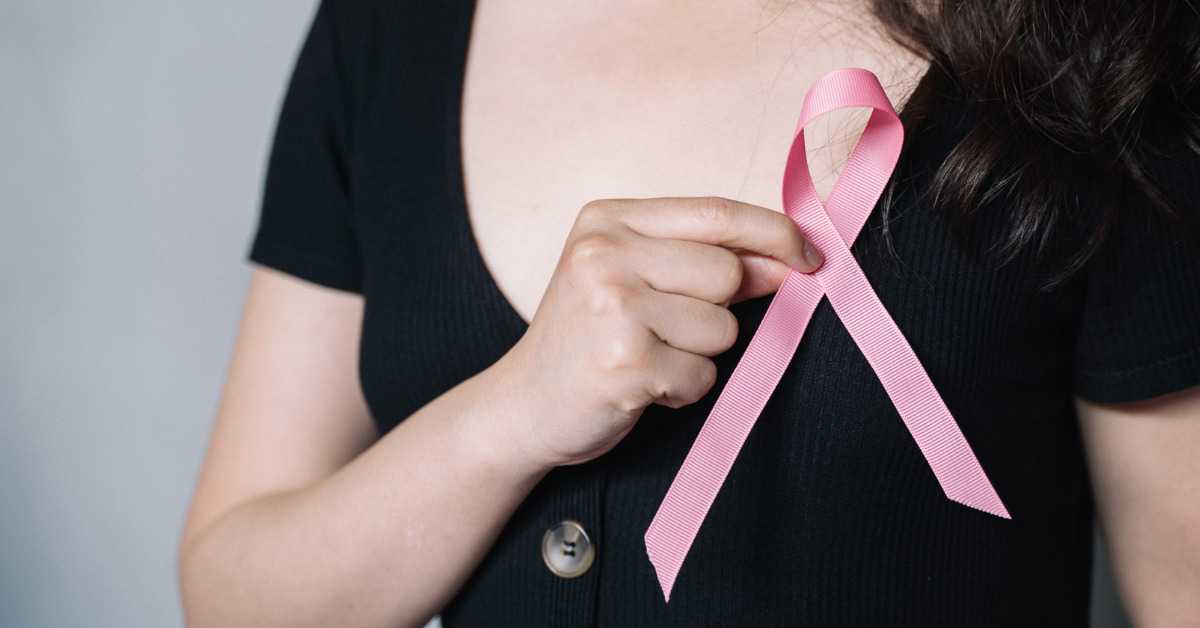

ER-positive breast cancer is a kind of breast cancer that has positive estrogen receptors. In other words, estrogen is fuelling cancer’s development, and it’s one of several features of breast cancer that assist select the best course of action.
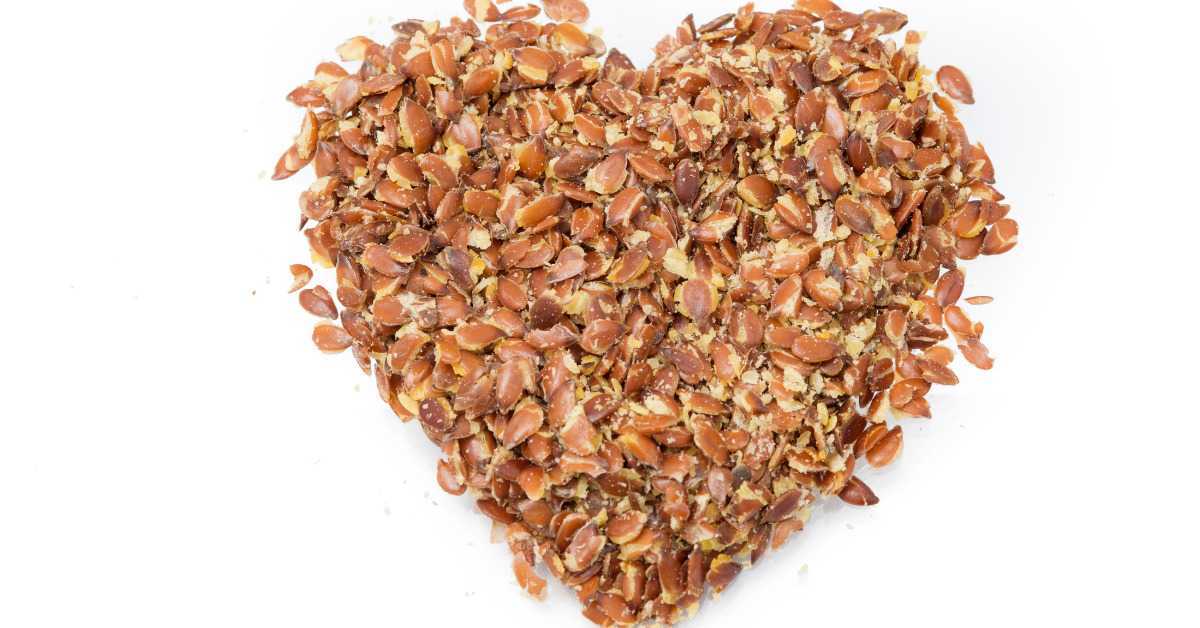

As a plant-based diet, flaxseed offers a variety of healthy fats, antioxidants, and fiber. Some people refer to it as a “functional food,” which suggests that you can use it to improve your well-being.
In Egypt and China, flax was grown as a crop, and Ayurvedic medicine has been used for thousands of years throughout Asia. Flaxseed is available in various forms: seeds, oils, powder, pills, capsules, flour, etc.
While flaxseed offers a wide range of health benefits, three, in particular, are responsible for its good health reputation:
Omega-3 Fatty Acids
Each Tbs of ground flaxseed retains about 1.8 gms of plant omega-3 fatty acids.
Lignans
A kind of plant estrogen and an antioxidant is lignans. Other plant foods include 75 to 800 times fewer lignans in flaxseed than in other plant food.
Fiber
This seed contains both soluble and insoluble fibers.
Flaxseed and Estrogen-Positive Breast Cancer
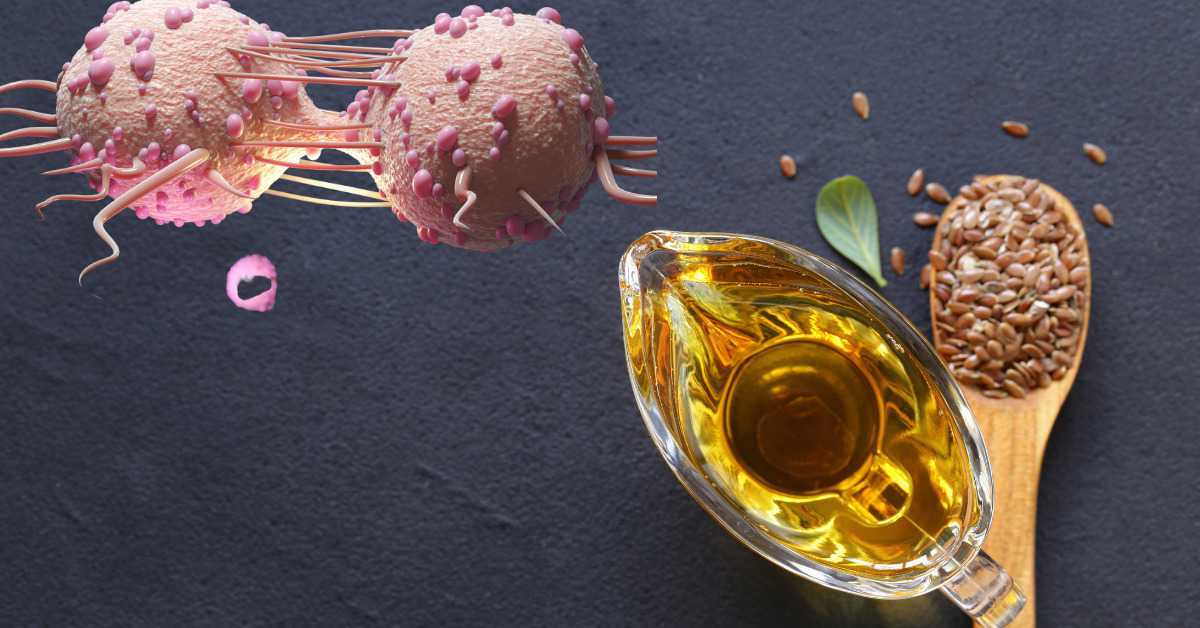

There is a very confusing connection between flaxseed and estrogen-positive breast cancer. Since the 1950s, linseed, a kind of flaxseed, has been famous as a cancer-fighting food. Flour, meal, and seeds are all forms of grain, and it includes some multi-grain bread, cereals, breakfast bars, and muffins. You can use toasted seeds in salads, yogurt, and smoothies as a flavor enhancer or garnish.
Flaxseed is a good source of lignans which are chemicals that may have a modest estrogen impact. Flaxseed for estrogen replacement is one of its common uses.
Your body’s natural potent estrogen can operate as a relative anti-estrogen. It is when a weaker form of estrogen replaces it in a breast cell’s estrogen receptor. Lignans may aid in the fight against estrogen-dependent breast cancer by working in this manner. The flaxseed shell contains the majority of the lignans and is simpler to absorb in powder form.
The majority of the evidence for flaxseed’s preventive properties comes from a small number of animal research. The relationship between flaxseed and estrogen-positive breast cancer needs to be studied in humans to discover whether it can help fight cancer. The amount of flaxseed you should consume each day is not recommended by the United States Department of Agriculture. Many dietitians, yet, recommend consuming 1 or 2 tablespoons of ground flaxseed meal every day.
Is Flaxseed Bad for Estrogen Positive Breast Cancer?
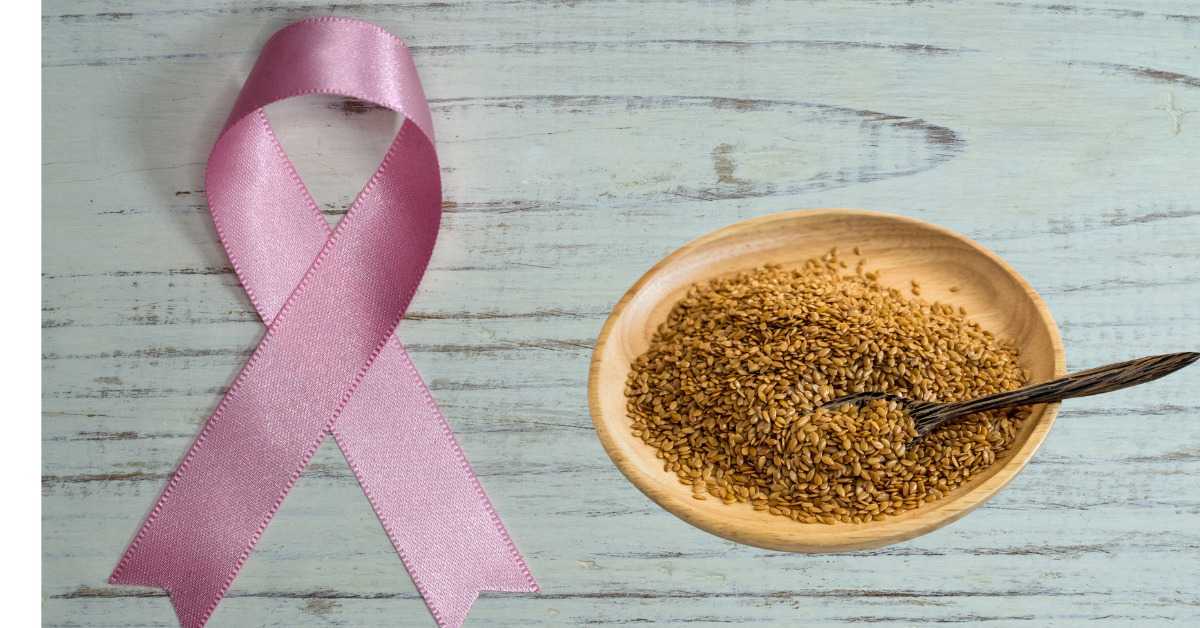

Flaxseed and estrogen-positive breast cancer are often interrelated because of their compounds called lignans. These compounds, which are also called phytoestrogens, have a chemical structure that is very similar to estrogen. At first glance, it might seem that this would raise the risk of estrogen-sensitive breast cancer due to too much estrogen. And it is often considered a bad relation between flaxseed and estrogen-positive breast cancer.
However, research shows that these tiny brown seeds don’t raise cancer risk and may even be good for you.
Tests on animals show that flaxseed and lignans isolated from it can prevent or slow the growth of breast cancer. It can also reduce the levels of growth factors that encourage breast cancer. There aren’t many studies on humans. But they do show that including one to four tablespoons of flaxseed a day might cut the risk of breast cancer, especially in post-menopausal women.
Research also doesn’t support a connection between flaxseed and estrogen-positive breast cancer recurrence. In animal studies, flaxseed did not affect the effectiveness of tamoxifen’s anti-estrogen drug.
Only a few studies that follow breast cancer survivors for 6 to ten years are there. In general, these studies link higher levels of lignans in your food or blood with fewer deaths. Only a few studies in humans show ground flaxseed doesn’t mess with tamoxifen if you eat three to four tablespoons a day.
Before recommendations, more clinical studies need to be done. Breast cancer patients who want to eat flaxseed regularly should talk to an Oncologist about it.
Flaxseed Cancer Warning
Another thing to keep in mind if you want to add flaxseed to your diet: don’t forget about the calories. Please take this into account before you use too much of it, and four tablespoons have almost 150 calories.
When it comes to lowering your chances of getting breast cancer or improving the outcome for breast cancer survivors, cutting back on calories that can make you gain weight is a top priority that research backs up.
Cancer is not a common illness, and it requires strict observation. As the condition of every individual differs from others, only a specialist can recommend the best things for you. So it’s not a good idea to add anything to your daily diet without consulting a specialist. With Marham, it is no more difficult to access the best doctor. You can book an appointment now with the Best Oncologist at your ease to get expert advice.
| Android | IOS |
|---|---|
  |
  |
FAQs
1. Does flaxseed oil cause cancer?
Research shows that these tiny brown seeds don’t raise cancer risk and may even be good for you.
2. Does flaxseed increase estrogen?
Flaxseed is basically a hormone balancer; in some cases, it may increase estrogen or decrease in others.
3. What is the ideal diet for women with estrogen-positive breast cancer to follow?
There is less risk of a woman’s breast cancer if she adheres to a plant-based diet for the rest of her life. Fruits, vegetables, legumes, nuts, and whole grains make up the bulk of a plant-based diet.

